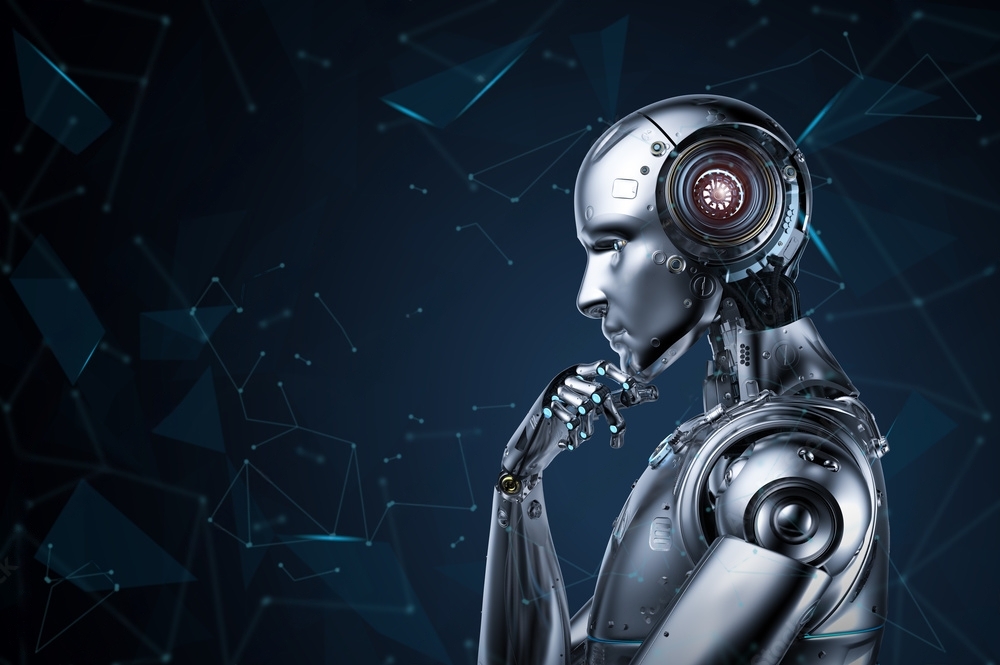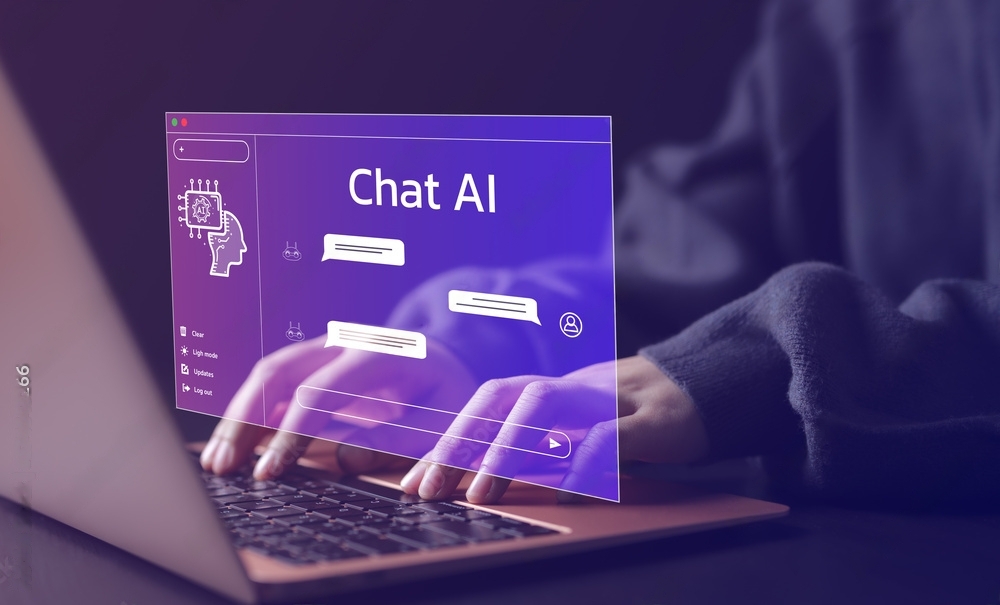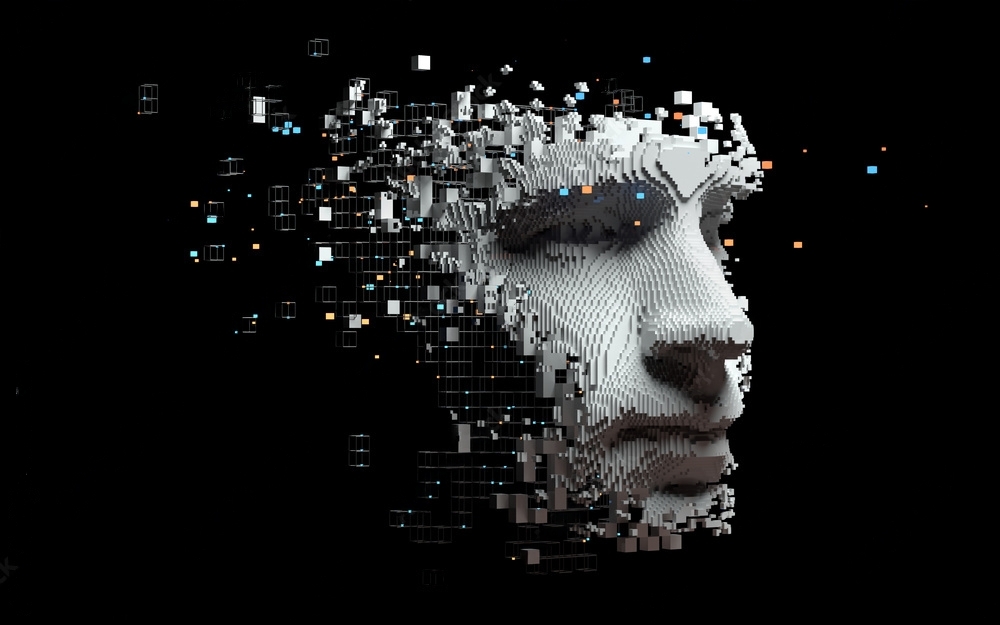What is an AI?
AI, or artificial intelligence, is a field of computer science focused on creating machines that can perform tasks that typically require human intelligence, such as visual perception, speech recognition, decision-making, and language translation. AI systems can be trained to recognize patterns in data, learn from experience, and make predictions or decisions based on that learning.
There are different types of AI, including rule-based systems, machine learning, and deep learning. Rule-based systems use predefined rules to make decisions, while machine learning algorithms can learn from data to improve their performance over time. Deep learning is a subset of machine learning that uses neural networks to analyze and classify large amounts of data. AI has a wide range of applications, from chatbots and virtual assistants to self-driving cars and medical diagnosis.

Benefits
The rise of artificial intelligence (AI) is transforming every aspect of our daily lives. From our smart homes to self-driving cars, AI is rapidly advancing and improving the way we live, work and interact with the world around us. One of the most visible manifestations of AI in everyday life is in our mobile devices. With virtual assistants like Siri and Alexa, and predictive algorithms that suggest what we might want to buy or watch, our phones are becoming more intelligent and personalized than ever before. Additional benefits include:
- Automation: AI can automate repetitive and time-consuming tasks, freeing up human resources for more complex and creative work.
- Efficiency: AI can process vast amounts of data and information quickly and accurately, leading to improved efficiency and productivity.
- Personalization: AI can be used to personalize experiences for individual users, such as recommending products or content based on their preferences.
- Improved decision-making: AI can analyze data to provide insights and help businesses make more informed decisions.
- Predictive analytics: AI can be used to identify patterns and trends that may not be immediately visible to humans, allowing for more accurate predictions and forecasting.
- Improved customer service: AI-powered chatbots and virtual assistants can provide 24/7 customer support, improving response times and reducing costs.
- Enhanced safety: AI can be used to improve safety in various industries, such as self-driving cars, predictive maintenance in manufacturing, and monitoring of critical infrastructure.
Things you didn’t know about AI
AI is also changing the way we work, from automating routine tasks to helping us make better decisions. For example, AI-powered chatbots are now being used by many companies to provide customer support, and machine learning algorithms are helping managers analyze complex data in real time to make more informed decisions.
In healthcare, AI is being used to improve diagnosis and treatment of diseases. For example, machine learning algorithms are being used to analyze medical imaging data to detect cancer earlier and with greater accuracy.
The rise of autonomous vehicles is another area where AI is having a significant impact. Self-driving cars are already being tested on public roads and have the potential to revolutionize transportation, making it safer, more efficient and more environmentally friendly.


Concerns
No doubt the rise of AI is already transforming every aspect of our daily lives, however, the rise of AI in everyday life also raises important ethical and societal questions. As AI becomes more rife, it is increasingly important to ensure that it is being used ethically and in ways that benefit society as a whole. Additionally, there are concerns about the potential for AI to displace human workers and exacerbate existing social inequalities such as:
- Job automation: One major concern is that AI could lead to significant job losses, particularly in industries like marketing, manufacturing, and healthcare. It has been predicted that 85 million jobs could be lost to automation between 2020 and 2025, with Black and Latino employees being left especially vulnerable.
- Ethical concerns: Another significant area of concern surrounding AI is the ethical implications of the technology. There are three major areas of ethical concern for society: privacy and surveillance, bias and discrimination, and the role of human judgment. These ethical concerns arise from the fact that AI can have a profound impact on individuals and society as a whole.
- Accessibility: AI is often seen as a complex technology that is difficult for the average person to understand. However, it is important to democratize AI and make it accessible to everyone in society. This would allow more people to benefit from the technology in various aspects of their lives.
- Security: AI is increasingly being used in cybersecurity and national security, but there are concerns about the potential for these systems to be hacked or used for malicious purposes. In particular, the concept of a smart and safe city, which includes surveillance, facial recognition systems, and predictive policing, raises concerns about privacy and civil liberties.
- These are just some of the many concerns that people have about AI. As AI continues to develop and become more prevalent, it will be important to address these concerns in order to ensure that the technology is used in a responsible and ethical manner.
As technology continues to evolve, it is likely to have an even more significant impact in the years to come. It is crucial that we carefully consider the ethical implications of these developments and work to ensure that AI is used in ways that benefit society as a whole.


